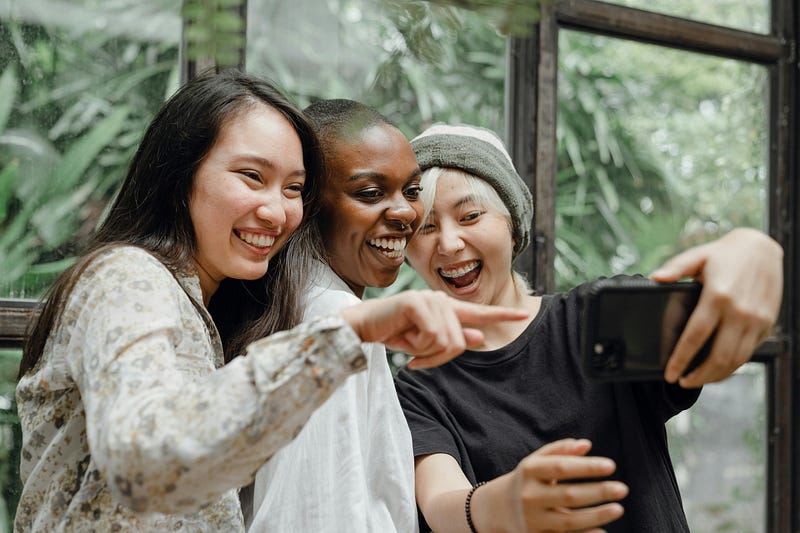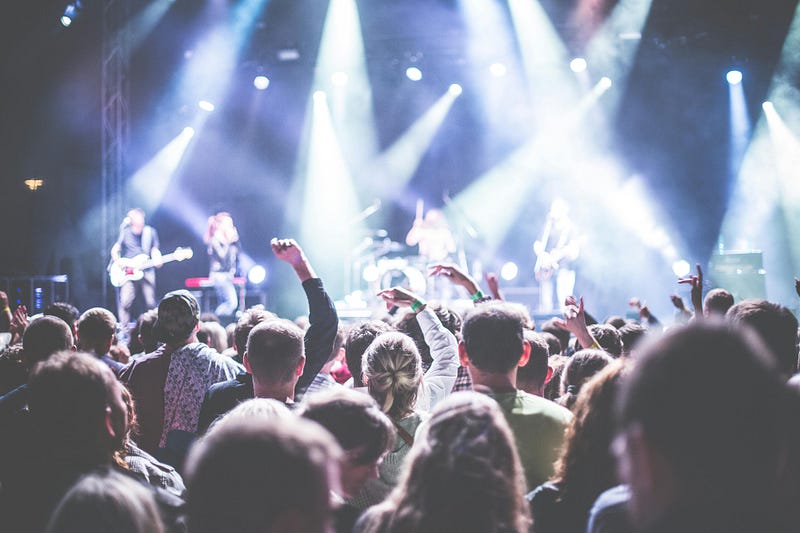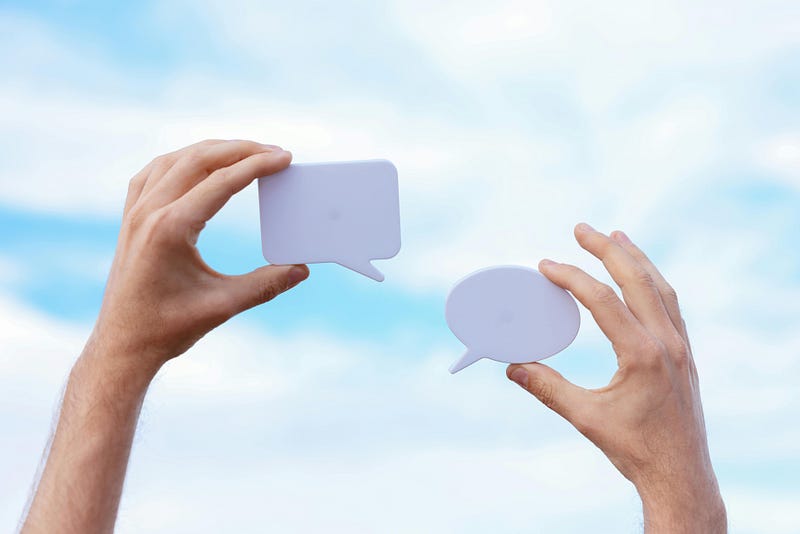
Over 4.9 billion people worldwide usually refer to social media as the chief venue of popular celebrity culture. The social celebrities’ new familiar territory is now Instagram, Tik tok , and Twitter, which actually redefine the concept of fame as entirely interactive and easily accessible.
Previously, there were only Hollywood stars with Grammy awards or sports personalities boasting their talent. Now, anyone with a smartphone camera and good content can literally become overnight celebrity status. Thus, even though celebrities are closer to fans than ever before, in most ways, new horizons of interaction are opening therein raising questions of what is public and what is private.
The new celebrities, such as influencers, YouTubers, and viral Tiktok stars, have redefined what celebrity culture is all about in a brand-new digital era. This article will evaluate celebrity culture evolution, analyze social media evolution along with its benefits and disadvantages, and look at its societal influences.
The History Of Celebrity Culture
Traditional Celebrity culture:
Mighty gatekeepers used to run the celebrity culture of the movie studios, record labels, and influencers of mass media. It was for a very select few determined, often by the industry insiders who curated public personas and managed celebrity lives.
It portrays an untouchable icon whose glimpses of reality are in shiny magazine spreads or scripted television interviews .Not only sensational journalists stirr up tabloids, but also, paparazzi popularize only on a one-way street.
Fans could only view their favorite stars from afar, without direct contact or access to their everyday lives. This only made the mystique surrounding celebrities that much clearer, establishing an easily recognizable line between the famous and the public.
The Rise Of Social Media:
Eventually, the rise of social media completely interrupted the former model, democratizing fame, and forever redefining the boundaries of celebrity culture and fashion evolution. Social media has greatly revolutionized fame. Today, anyone having an internet connection can share whatever talents, opinions, or lifestyles they may have with the world.
This would spawn influencers and content creators into new types of celebrities. Unlike traditional stars, these individuals often become popular by being relatable and authentic. They directly interact with their audiences, building personal connections that feel more genuine.
Social media allows followers to see a side of these creators that traditional media often hides. This has blurred the line between public figures and their fans. Celebrities were once far-off, almost unattainable, and often idealized. However, social media has enabled any individual to gain followers and become famous.
Pros Of Social Media On Celebrity Culture

Accessibility and Connectivity:
Connected them with stardom much more closely, nowadays celebrities live their lives through social media, for instance; Instagram, TikTok, Twitter, etc. As such, they do not see their idols on a more typical media platform. Instead, fans get bits and pieces of the actual lifestyle behind them, such as rehearsals, personal instances, and so much more.
This immediate relationship provides intimacy. Fans feel they have an acquaintance with the celebrity. Live streams, comments, and direct messages make it possible for the followers to interact with their idols in real-time. Celebrities often reply to fans, which deepens the relationship.
Representational Diversity of social media:
The most important change brought by social media is the promotion of diversity. Mainstream media previously used to limit the scope of voices and experiences shared with the public. Social media challenged this norm.
Now, creators from all backgrounds — whether from the LGBTQ+ community, different racial and ethnic groups, or various body types — can find a platform. Influencers who may have once been overlooked by traditional media are now thriving. Social media allows them to showcase their unique perspectives and talents, connecting with a much wider audience.
Personal control of one’s own stories
Of course, celebrities in the bygone days won’t have any control over the way they are presented to the world. It would be to publicists, media, and photographers the world over for letting the celebrities perceive and display them for that. In fact, social media has changed dramatically now. Now, celebrities are writing their own stories.
One such good example is that of Rihanna and her Fenty Beauty campaign. By virtue of social media, Rihanna, in addition to advertising her brand, also emphasized the matters of diversity and inclusion, thus combining celebrity status with activism by speaking for changes through her influence on the media. Social media, unlike the old form of traditional media, can provide celebrities a chance to speak for things they believe in and to further their influence on matters of choice.
Career Opportunities on social media
Social media has therefore created new career paths not only for the emerging and established stars. YouTube, TikTok, and others are more than places to share content; they have become career launchers. Celebrities and influencers can build their brand, and income can be generated directly through these platforms.
They make money off sponsored posts, brand collaborations, and merchandise sales. Therefore, it enables the content creators to have an earnings ability from creating without losing creative control of what they produce, how to market it, and what brands to partner with.
Social media has provided freedom to a lot of people in the entertainment industries. It gives people the freedom to be more authentic while still discovering new things. Its impact on the entertainment industry changed it, allowing more individuals to succeed in their endeavors.
In short, social media platforms have greatly affected celebrity culture.
Cons Of Social Media On Celebrity Culture

Never-Ending Pressure to Perform
Social media places immense pressure on celebrities to produce content regularly. In this fast-racing digital world, relevance is maintained by compulsive posting and engagement. Celebrities are supposed to always share new moments from their lives while providing fresh content to their followers.
This continuous pressure may cause burnout. The pressure to be in the limelight is exhausting on the mental and physical level. Most stars feel compelled to live a life that is picture perfect and to be constantly connected to their fans. If they do not, they might become irrelevant overnight. The fear of losing attention or losing the digital race is intimidating.
Loss of Privacy
One of the biggest side effects of social media involves the loss of privacy that celebrities no longer have between their public and private lives. Every posted, tweeted, or video might be scrutinized by a million people. The force to share moments of an individual’s personal life, simply to deepen relationships with viewers, often causes a sense of confusion as to how much of life should truly be private.
Celebrities are judged continuously on what they do or don’t do, say or think about. Their relationship is being judged, their opinions, even mistakes of the past. Old posts, a wrong word or misinterpreted word creates a storm, and this drama social media magnifies. Their private lives are always being intruded into, and sometimes celebrities just can’t deal with it.
Unrealistic Standards
Social media often creates unrealistic standards of beauty and lifestyle. The celebrities are always sharing a curated, edited, and filtered version of their lives, which leads to harmful comparisons. People who follow them may feel that their lives are not as good as what they are seeing online.
This glamorization of perfection can be harmful to fans and celebrities alike. It can cause anxiety, low self-esteem, and unhealthy desires in the minds of fans to achieve such unrealistic beauty or lifestyle standards. For celebrities, this pressure to live up to these ideals is draining and emotionally damaging. It can make them feel alienated from their true selves as they feel compelled to portray an ideal image to the world.
Toxic Culture and Backlash
Social media has been creating a bad culture of cancellation, trolls, and harassment. Everyone is subject to negative comment attacks and cyberbullying. Algorithms in these media outlets are often attuned to promote the visibility of scandals and controversies and not necessarily good deeds.
Celebrities can easily become the recipient of a backlash from others online, especially when someone makes a mistake or spouts an unpopular opinion. Social media does not take long to blow little issues into massive scandals at times. This is problematic not just for public view but may also affect the psyche of people involved. Such celebrities receive constant criticism, judgment, and often grow anxious or depressed, making them avoid social media channels altogether.
Algorithmic Challenges
The algorithms of social media prioritize content that is most engaging, which often means rewarding sensational or controversial posts. This puts pressure on celebrities to focus on viral content rather than authentic, meaningful interactions with their audience.
The desire to go viral will have stars decide between posting something dramatic, controversial, or scandalous rather than taking the time to write something more reflective or authentic.
This may have the public personality of stars change to conform to algorithms, rather than reflecting a person’s inner self. Therefore, there could be a separation between who celebrities appear to be and who they actually are, which would undermine the very thing most fans appreciate-the authenticity of it all.
Conclusion
Social media has completely transformed celebrity culture; it brings exciting opportunities with it, but also many serious challenges. It’s now possible to gain fame, build up a following, and interact with fans directly. Celebrities can create their own storylines, connect with people, and promote their brands better than ever before.
The ease, however, comes with pressures. Content needs to be constant and, in the process, it is difficult to have time to themselves. Social media often breeds beauty standards that are unrealistic, and toxic behavior such as trolling and cancelled culture often thrive
.As we interact with celebrities online, let’s not forget to bear in mind the effect it has. We’re constructing this digital world through our interactions with celebrities, so it’s on us to make it a space that’s more positive and authentic. Social media surely has an influence on fame; as technology and culture move forward, so will we in the way we reach out to our idols.

